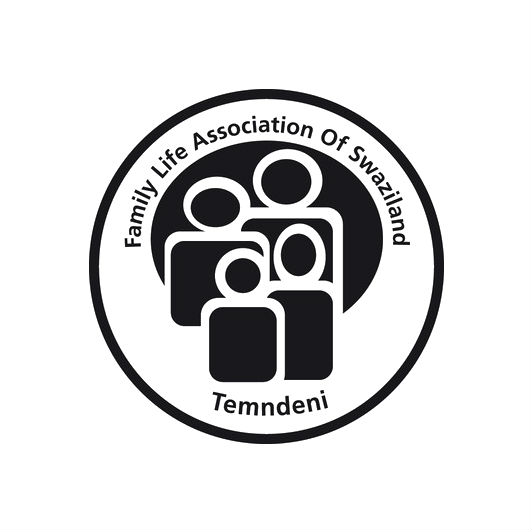

| 31 March 2016
Korea Population, Health and Welfare Association
The Korea Population, Health and Welfare Association (KoPHWA), a leading non-profit organization founded under the Maternal and Child Health Law, has played a great role for the successful implementation of population and reproductive health program since 1961. The vision of KoPHWA is to become a leading agency in enabling women, couples, and families to decide their family planning as well as promoting and ensuring a healthy community. Its objectives are to maintain a healthy population through the sustained implementation of reproductive health programmes, to promote family health and welfare, and to improve the quality life of general public by creating a sound and healthy family environment. In pursuit of these objectives, KoPHWA runs a wide range of information, education, and communication (IEC) programs to raise the public awareness of population issues, and is active in young people’s education and participation. Besides, KoPHWA delivers the MCH and Family Health services particularly to women and children through 13 branch clinics; it also provides mobile OB-GYN services to increase the access to medical and health information and services of marginalized groups. In addition, the KoPHWA’s works of developing and distributing high-quality materials have consistently contributed to creating the family-friendly childbirth and childcare environment as well as promoting good sexual and reproductive health practice. Address: 20, Beodeunaru-ro 14ga-gil, Yeongdeungpo-gu, Seoul, 150-040, Republic of Korea

| 31 March 2016
Family Life Association of Eswatini (formerly Swaziland)
For over 30 years, the Family Life Association of Eswatini (FLAE) has provided sexual and reproductive health (SRH) services to the people of Eswatini (formally Swaziland). While family planning, antenatal, post-natal and post-abortion care form a key part of FLAE’s services, there’s a significant focus on HIV and AIDS programmes. Swaziland has some of the highest HIV and AIDS prevalence rates in the world. As a result, the prevention and management of HIV and AIDS, the provision of voluntary counselling and testing (VCT), and the prevention of mother to child transmission (PMTCT) are central to FLAE’s work. FLAE has 15 service points, including 4 permanent clinics and 12 mobile facilities, staffed by a permanent team of 40 backed by 230 volunteers, 180 Youth Action Movement members and 29 peer educators. Young people are a particular target for HIV and SRH sensitization. One of FLAE’s youth centres has its own radio studio, where young people make their own programmes concerning SRH issues. These are then played during FLAE’s roadshows and by major radio stations for nationwide broadcast. This is one strand in an innovative approach to communication. FLAE peer educators also provide training to the country’s Business Coalition Against AIDS. Health, youth, education, women’s and regional development ministries are key partners for FLAE, and it has links with a large number of non-governmental organizations, including the Swaziland National Youth Council, Swaziland Health and Population Education, Population Services International, the Swaziland National AIDS Programme and PACT. Private sector partnerships include the Business Coalition Against HIV/AIDS and SWANNEPHA (a national network of organizations for people living with HIV and AIDS). FLAE is a member of the SRH Steering committee, the Gender Consortium and the Male Circumcision Task Force. Contacts Website: www.flas.org.sz Facebook: https://www.facebook.com/pages/The-Family-Life-Association-of-Swaziland/139949066171476 Twitter: @FLAS79







